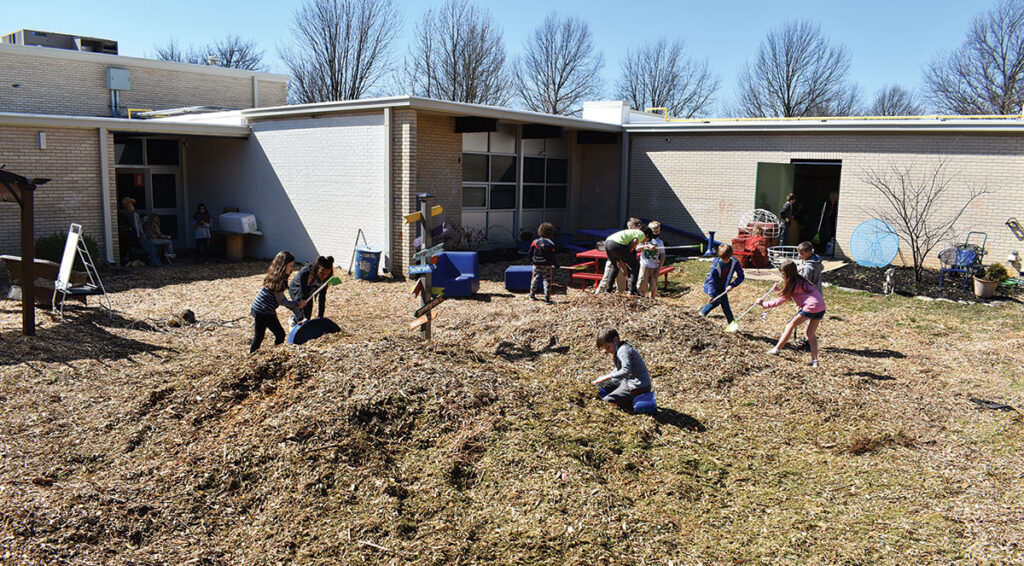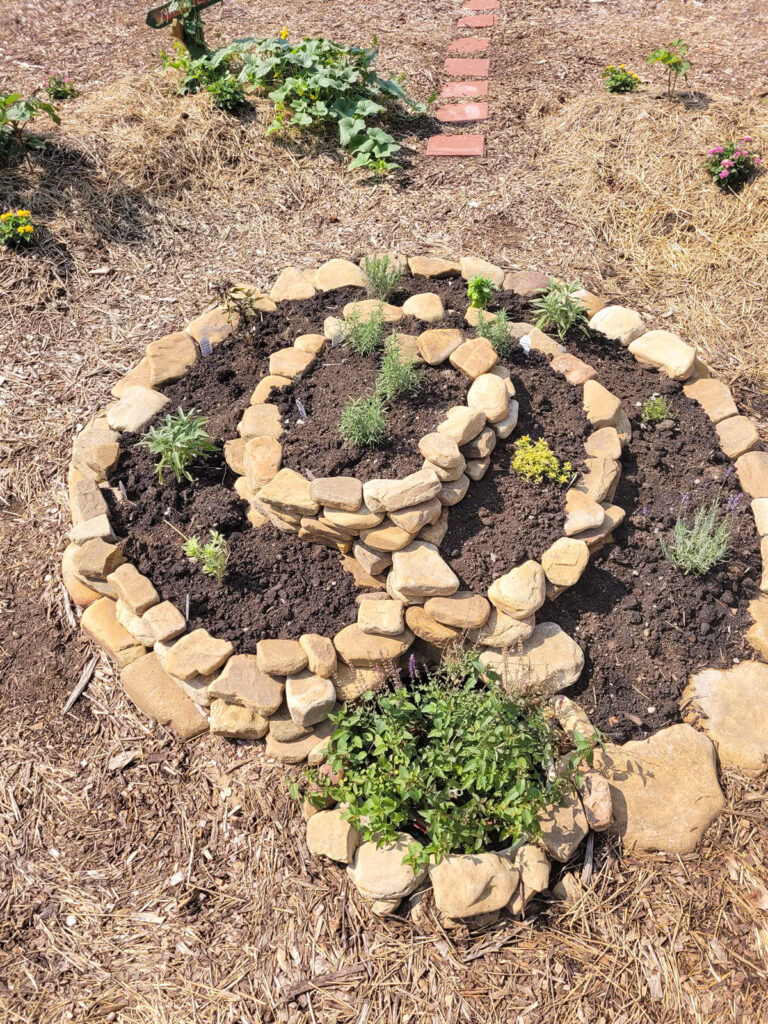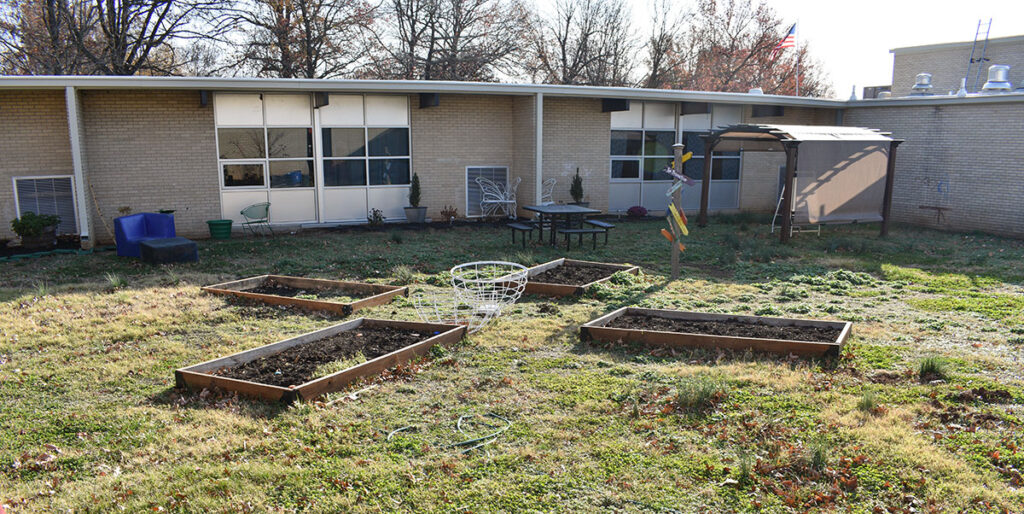
Springfield, Mo., school adds agriculture experience for urban students
SPRINGFIELD, MO. – On the south side of Springfield, Mo., is an elementary school ranked number one in math, reading and growth within the Springfield Public School system, a school that ties science class to agriculture.
School staff works to provide top-tier education to students. From dancing on tables to hosting a staff basketball game to celebrating student success, Cowden Elementary is known for its out-of-the-box teaching style. One teacher went as far as creating a door from her classroom to the school courtyard to incorporate a garden within her class.

“After I saw the interest and excitement that came from growing their own food, I decided it was worthwhile to add the garden activities into our curriculum. It gives students a purpose and a sense of responsibility when they have a job in the garden. It also helps to introduce students to new herbs and vegetables they may not have tried before,” Melani Deal, fourth grade teacher said.
What started as a few lettuce seeds six years ago led students to the passion of growing their own food. Initially, students were tasked with planting the seeds as a small project, but the garden is now a large patch of multiple varieties of vegetables. This garden produces enough to send every student home with enough produce to make their own salad.
“We are trying to teach students a farm-to-table concept, self-sustainability. It also gives them an appreciation for hard work paying off and access to different fruits and vegetables they might not even have the chance to try,” Cherie Norman Ph.D., principal of Cowden Elementary, said.
After so much interest was shown towards the garden, Melanie decided to make the garden a permanent addition to classroom instruction. During the experience, these urban students are given the opportunity to gain hands-on experience in how food is grown. Students who reside in one of the biggest cities in the state now belong to that percentage. With this curriculum, students are now more closely related to that percentage.
Each student is given a specific responsibility in the garden. These jobs act as the students’ bell work to start their mornings. Once garden reaches the growing season, teachers divide the produce up for students to create their own pizza. Alongside this hands-on experience, the garden has open access for wildlife. Produce is left out for animals to get a bite to eat while the students observe them. Students water plants, pull weeds, spot ripe produce and harvest. In doing so, they are gaining an experience like no other.
Soft skills like work ethic, organization, dedication and passion are all things agriculturalists have in common. The same skills are instilled in these students as they watch a seedling grow into an edible food material. This is the foundation of the Farm to School program in the Springfield Public School district.
“When I first started at this school, Mrs. Deal was coming in once or twice a week to mow and weed the garden space during the summer to try to maintain the area,” Kendall Slaughter, Farm 2 School Specialist, said.
Kendall has worked within the school district to implement various agricultural techniques. This district program sees this need and meets it with faculty to grow the program, and the understanding of agriculture.








